DIY Car Maintenance: Essential Skills Every Driver Should Learn on wheelmax
Empowering yourself with a little car know-how can be the difference between a smooth cruise and a roadside meltdown. Beyond the joy of self-reliance, basic DIY car maintenance can save you time and money in the long run. In this post, we'll explore some essential skills every driver should learn, along with tips on how to master them.
1. Become BFFs with Your Owner's Manual
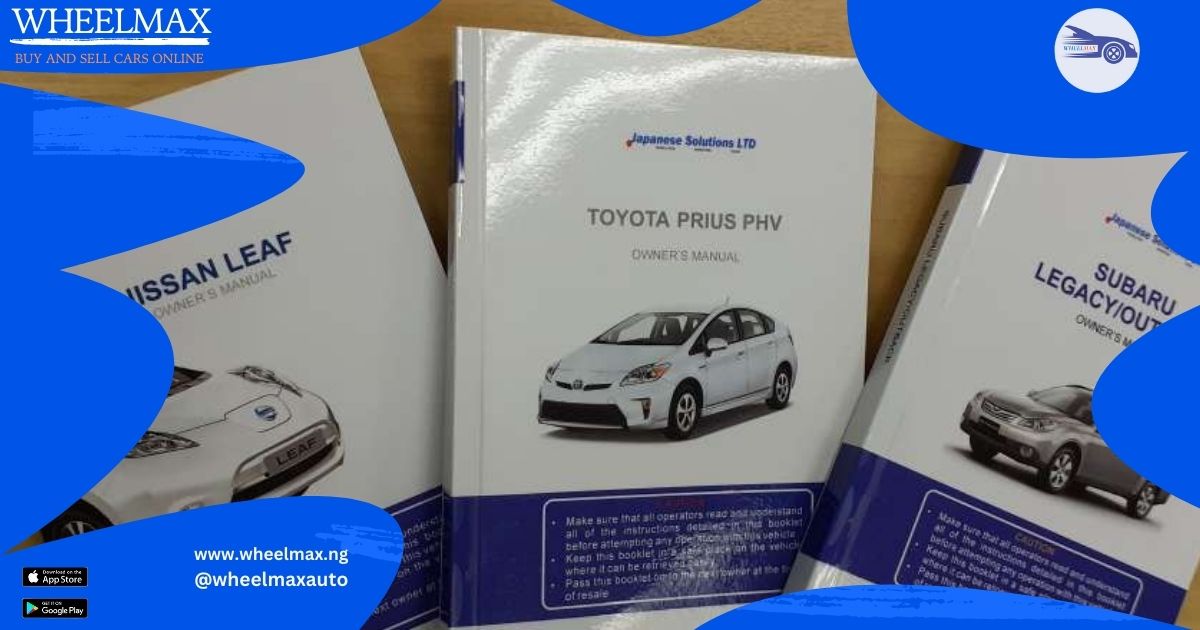
Think of your owner's manual as your car's secret decoder ring. This often-overlooked bible contains a wealth of information specific to your vehicle, including recommended maintenance schedules, fluid capacities, and even troubleshooting steps. Here's why it's important:
- Preventative Maintenance: The manual outlines the manufacturer's recommended service intervals for oil changes, tire rotations, and other crucial procedures. Following this schedule can extend the life of your car and prevent costly repairs down the road.
- DIY Diagnostics: Facing a strange engine noise or dashboard light? The manual might have the answer! It often includes a section dedicated to troubleshooting common problems, helping you pinpoint the issue before resorting to a mechanic.
2. Master the Visual Inspection

A quick visual check before you drive can prevent major issues and ensure a safe journey. Here's what to include in your routine:
- Dashboard Drama: Scan your dashboard for any illuminated warning lights. Please consult your owner's manual to decipher their meaning. Ignoring warning lights can lead to more serious problems if left unchecked.
- Tire Talk: Take a moment to check your tire pressure, including the spare. Underinflated tires not only affect your gas mileage but can also lead to blowouts.
- Light Show: Ensure your headlights, taillights, brake lights, and turn signals function properly. Not only is it essential for nighttime visibility, but faulty lights can also lead to fines.
Pro-Tip: Schedule a visual inspection into your routine, like checking your tire pressure every time you fuel up your car.
3. Fluid Fundamentals: Befriending the Dipstick
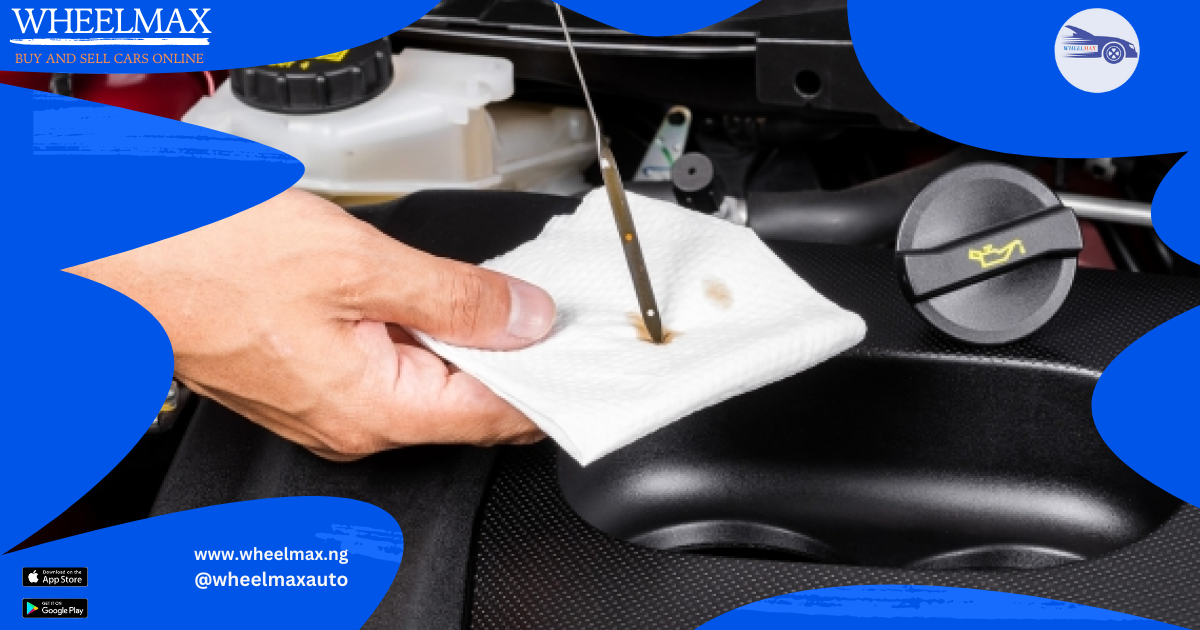
Knowing how to check your car's vital fluids is a key skill. The engine oil, coolant, brake fluid, and windshield washer fluid all play crucial roles in your car's operation. Here's why:
- Engine Oil: The lifeblood of your engine, clean oil reduces friction and prevents wear and tear. Checking the oil level regularly and topping it up when needed ensures smooth operation.
- Coolant: Coolant regulates your engine's temperature. Low coolant levels can lead to overheating, a major engine issue.
- Brake Fluid: This hydraulic fluid transmits pressure to your brakes. Maintaining proper fluid levels ensures safe and responsive braking.
- Windshield Washer Fluid: Essential for maintaining clear visibility, especially during rain or storms.
Learning to Check Fluids:
- Consult your owner's manual to locate the fluid reservoirs and find instructions on how to check their levels.
- Most cars have dipsticks for checking engine oil. Learn how to read the dipstick markings to determine if you need to add oil.
- Look for translucent reservoirs for coolant, brake fluid, and windshield washer fluid. The recommended fill levels are usually indicated on the side of the container.
4. Filter Frenzy: Keeping Your Ride Clean
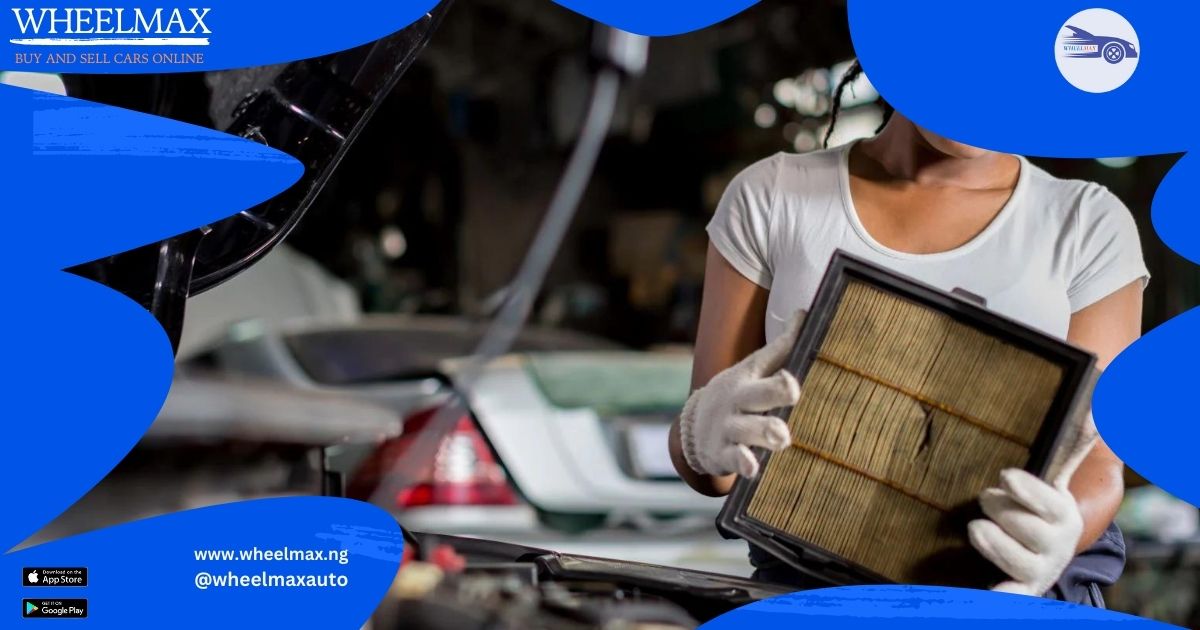
The air filter and cabin air filter play a significant role in keeping your engine clean and the air you breathe fresh. Here's why they matter:
- Air Filter: A clogged air filter restricts airflow to the engine, reducing performance and fuel efficiency.
- Cabin Air Filter: This filter traps dust, pollen, and other allergens, ensuring clean air circulation inside your car.
Replacing Filters:
- Changing these filters is a relatively simple task you can do yourself. Consult your owner's manual to locate the filters and find instructions on how to replace them.
- Most filters are readily available at auto parts stores or online retailers.
Bonus Tip: Consider scheduling filter replacements at specific intervals, like every other oil change, to ensure optimal performance and air quality.
5. Battery Basics: Avoiding a Dead Start
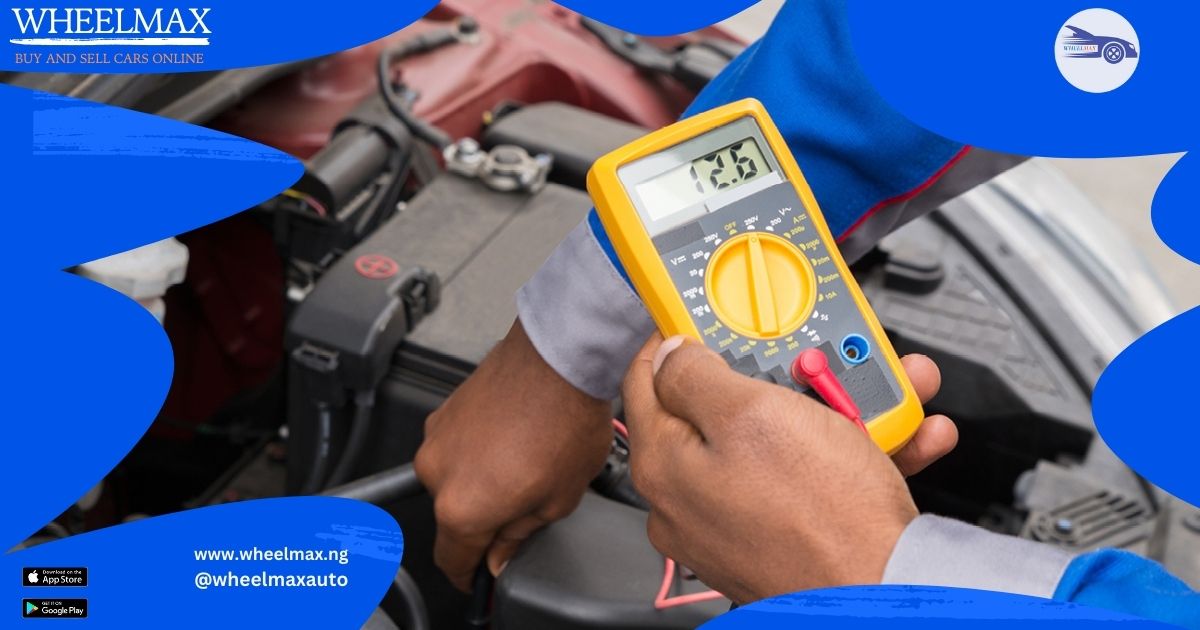
A dead battery can leave you stranded at the worst possible moment. Here's how some basic knowledge can save the day:
- Jumpstarting: Knowing how to jump-start a dead battery using jumper cables can get you back on the road quickly. Familiarize yourself with the location of your car's battery and the proper way to connect jumper cables.
- Battery Replacement: Batteries don't last forever. Learn the signs of a weak battery, such as slow cranking or flickering lights. Replacing an old battery before it dies completely can prevent you from getting stranded.
Pro-Tip: Many auto parts stores offer free battery testing. Take advantage of this service to stay ahead of any battery woes.
6. Tire Time: Changing a Flat is Empowering (and Messy)
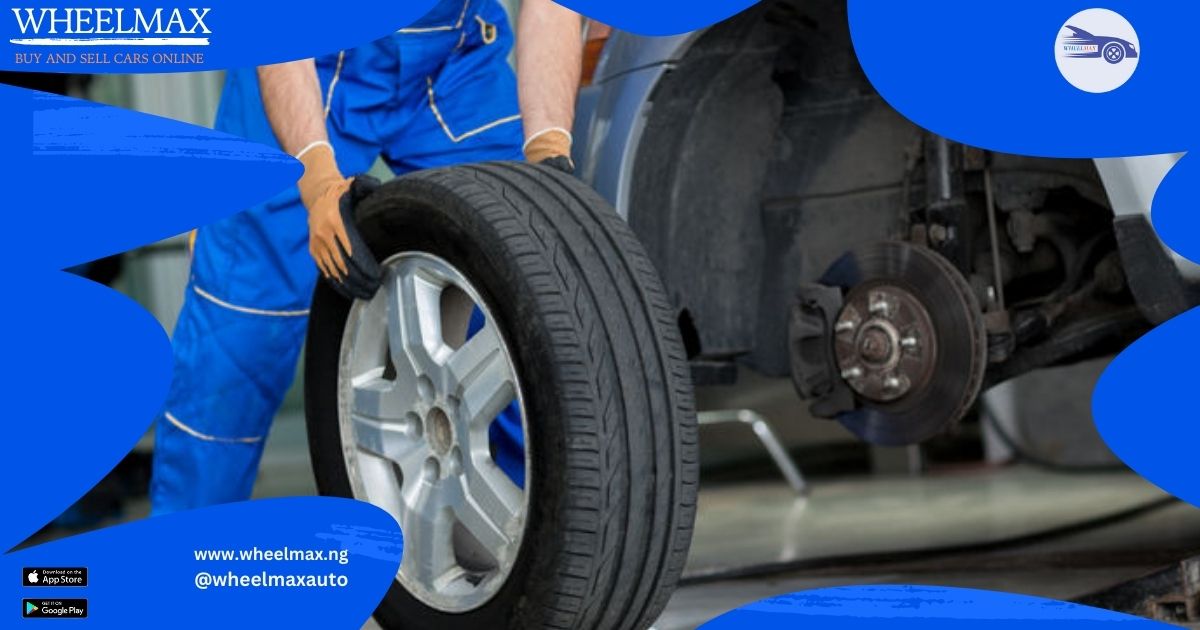
While changing a flat tire isn't exactly fun, it's a valuable skill to have in your back pocket. Here's why:
- Self-Reliance: Knowing how to change a flat can get you back on the road quickly and safely, without waiting for roadside assistance.
- Safety First: Driving on a flat tire can damage your rim and even cause an accident. Being able to change it yourself minimizes the risk.
Learning to Change a Tire:
- Consult your owner's manual for specific instructions on changing a tire for your car model. This will include details on locating the jack and lug wrench and the proper steps for removing and replacing the tire.
- Practice changing a tire at home before you're faced with a flat on the road. This will help you familiarize yourself with the process and build confidence.
The Takeaway: Knowledge is Power
Learning these DIY car maintenance skills empowers you to take charge of your vehicle's health. It can save you money on mechanic visits, prevent roadside emergencies, and give you peace of mind on the road. Remember, the more you know about your car, the smoother and safer your driving experience will be.
Bonus Tip: Don't be afraid to get your hands dirty! There are many online resources and video tutorials available to help you learn these skills. With a little effort, you can become more confident and self-sufficient when it comes to your car.
So, roll up your sleeves, grab your owner's manual, and embark on your journey to becoming a car care pro!
